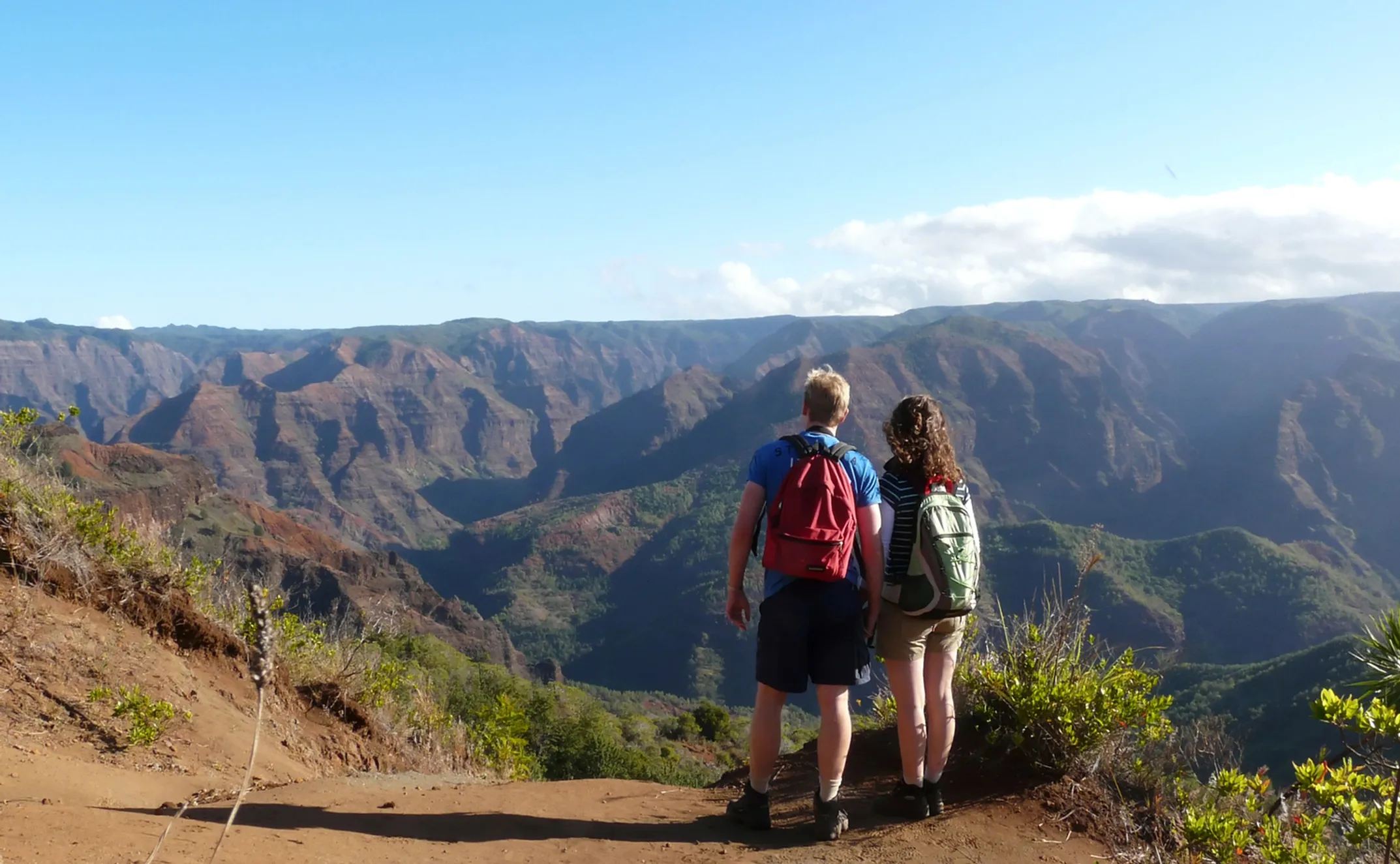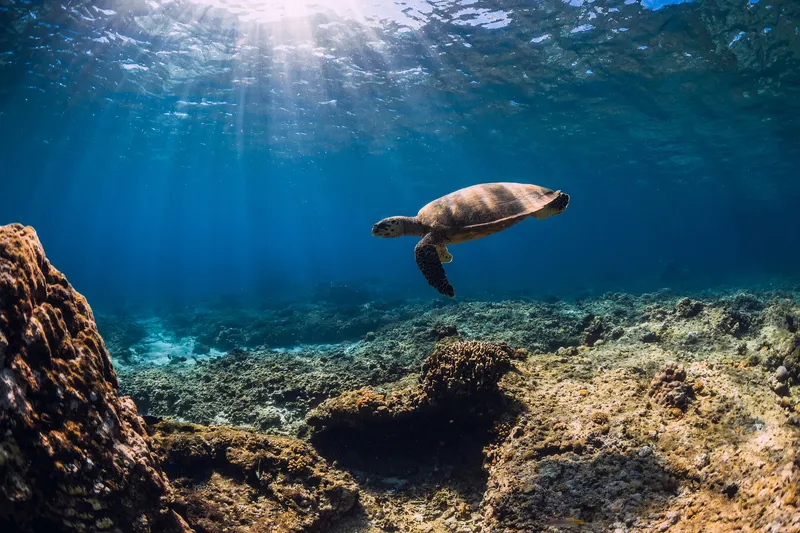
“Brew Your Best Cup”- Coffee Brewing Workshop
Heavenly Hawaiian Coffee Farm • Farm • Holualoa, Island of Hawaii • Hawaii

A trip to Hawaiʻi offers more than just stunning scenery; it offers a chance to connect with a culture of profound depth and resilience. But this connection comes with a kuleana—a responsibility. For generations, Hawaiian culture was actively suppressed, and today, the islands face immense pressure from over-tourism.
The "rules" of travel here are not arbitrary; they are born from a deep-seated love for the land and a desire to protect a way of life. By understanding the why behind the etiquette, you move from being a passive consumer to an active participant in perpetuating the very culture you came to experience.

Before your plane even touches down, you can begin to align yourself with the values of Hawaiʻi. This foundational knowledge will enrich every moment of your trip.
You'll hear aloha as "hello" and "goodbye," but its true meaning is the literal law of the land. The "Aloha Spirit" law defines it through five core principles: Akahai (kindness expressed with tenderness), Lōkahi (unity expressed with harmony), ʻOluʻolu (agreeableness expressed with pleasantness), Haʻahaʻa (humility expressed with modesty), and Ahonui (patience expressed with perseverance).
To embody aloha is to extend warmth and care without expecting anything in return, recognizing our shared existence. It's about approaching every interaction with genuine kindness and respect.
This is a simple but crucial distinction. "Hawaiian" refers to a person of indigenous Hawaiian ancestry—an ethnic group with a distinct culture and history. "Local" refers to anyone who was born and/or lives in Hawaiʻi, regardless of their ethnicity. While someone from California is a Californian, a non-native person from Hawaiʻi is a "local," not "Hawaiian." Using these terms correctly is a fundamental sign of respect and awareness.
In Hawaiian culture, the land is not a resource to be used; it is an ancestor, a family member that provides for and nourishes its people. This belief is the foundation of mālama ʻāina—caring for the land. This is why taking rocks, sand, or coral is so deeply disrespectful.
You may see signs marking an area as kapu. This means the site is sacred and forbidden to enter. These are often ancient heiau (temples), burial grounds, or other culturally significant places. Respecting a kapu sign is non-negotiable.
Once you arrive, these simple, everyday practices will demonstrate your respect and open the door to more authentic interactions.
Making an effort to correctly pronounce a few Hawaiian words is a powerful way to show respect. The language has only 13 letters (5 vowels, 8 consonants including the ʻokina), and its vowel sounds are consistent.
Now that you understand the cultural foundation, let's dive into practical planning advice.

Heavenly Hawaiian Coffee Farm • Farm • Holualoa, Island of Hawaii • Hawaii

